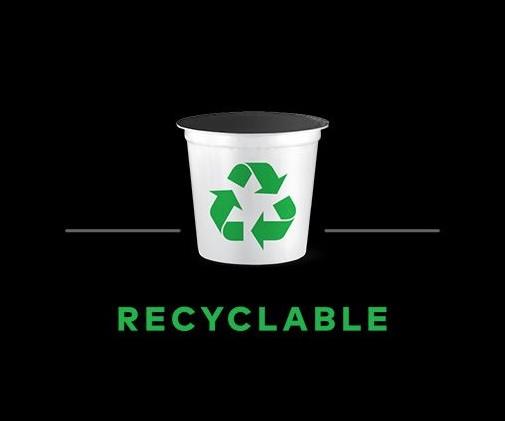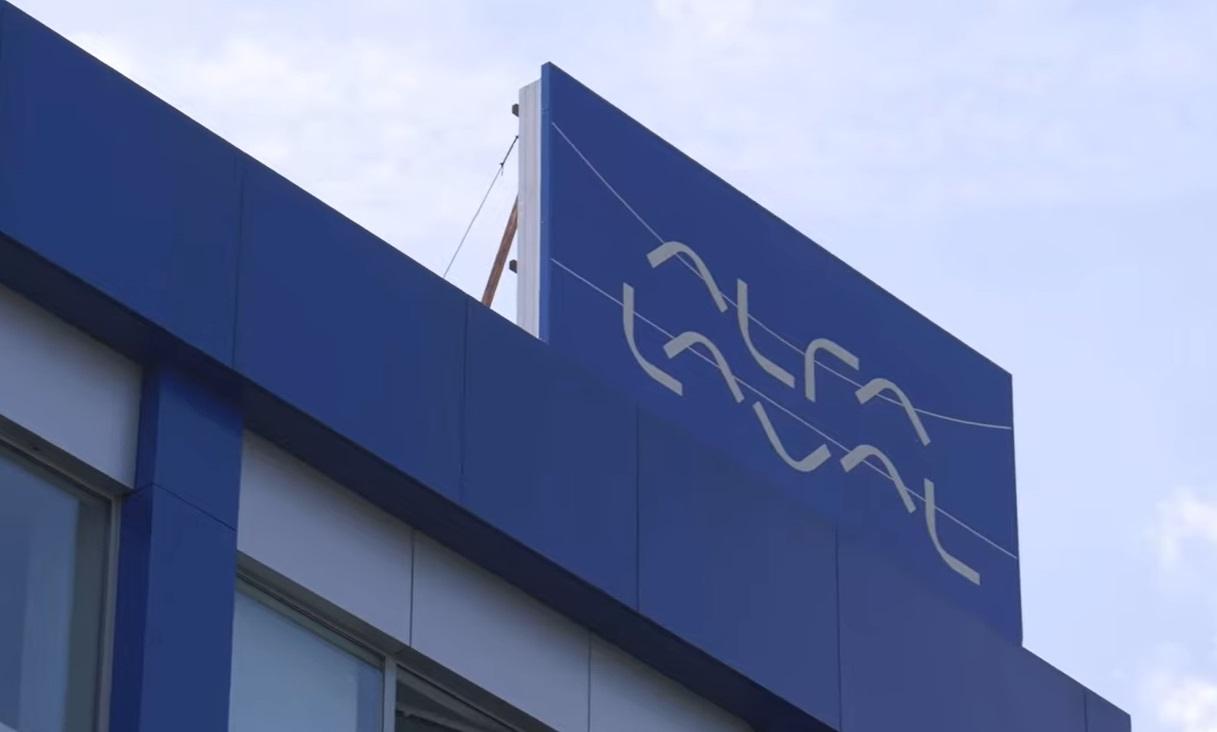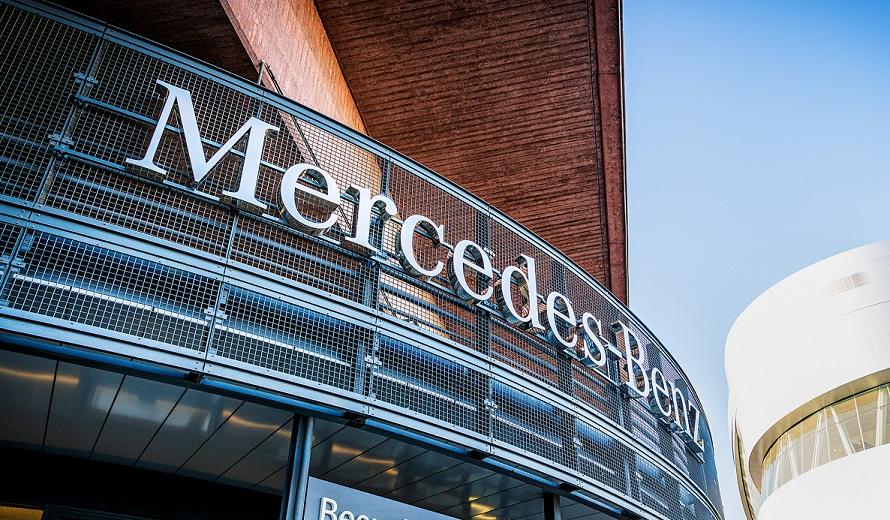Keurig Dr Pepper Achieves Target of Making 100% of K-Cup Pods Recyclable
Keurig Dr Pepper (KDP) announced today the achievement of one of its sustainability commitments, making 100% of its K-Cup pods recyclable. The company produces approximately 80% of the coffee pods sold at retail for use in Keurig brewers.
Monique Oxender, Chief Sustainability Officer at Keurig Dr Pepper, said:
“It’s an exciting day for KDP and our partners as we complete this multi-year journey that required intensive product development, significant capital investment and expansive industry engagement.”
Keurig Dr Pepper began shipping its new recyclable format pods to retailers earlier this year. The transition included converting more than 100 manufacturing lines to produce the pods, which are now made from polypropylene #5 plastic. The pods also feature new packaging with a green recyclable flag as well as the industry-respected How2Recycle label that clearly communicates recycling instructions to consumers.
KDP also stated that in addition to converting its K-Cup pods, it has also intensified its efforts to ensure that recycling facilities across the U.S. have the capability to recycle polypropylene. The company is a founding member of the Polypropylene Recycling Coalition, and the coalition’s largest funder, a collaborative of 18 organizations, dedicated to increasing the quantity and quality of polypropylene recycling in the U.S. The coalition announced today the recipients of its first four grants, including materials recovery facilities in New Jersey, New York, Pennsylvania and Ohio, aimed at improving and increasing sortation of polypropylene and supporting targeted consumer education efforts to increase collection of the material.
Oxender said:
”Designing recyclable coffee pods is just one important step in our journey to make the Keurig brewing system more sustainable. Our work continues to minimize our overall plastic footprint while we play a leadership role in cross-industry collaborations for critical recycling infrastructure improvements across the United States and Canada in support of a circular economy.”





